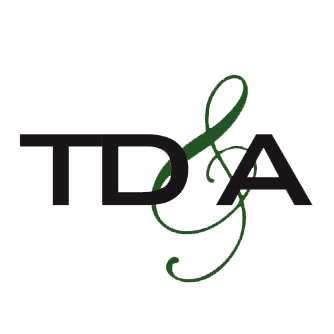Inside-out asset protection: LLCs
Many self-proclaimed asset protection attorneys will advise their clients to hold all of their assets in different LLCs, in order to separate liability. Indeed, LLCs are an important part of estate planning and asset protection; they provide “inside-out” protection, meaning that, if properly structured and utilized, liability from within the LLC will not put assets outside of the LLC at risk.
However, do LLCs provide “outside-in” protection – meaning, if you are personally sued, can someone take your LLC membership? This is where things get murky. In many states, the only remedy a creditor can get against an LLC is a charging order. This does not give the creditor any voting rights or control over the LLC. The only right the creditor has is to receive the creditor-member’s distributions from the LLC – and if no distributions are made, then the creditor gets nothing. The reasoning for this is that courts and lawmakers do not wish to punish innocent business owners for the debts or wrong-doings of fellow LLC members by allowing a hostile entity to exert power in these small business structures.
However, in many cases, the client is simply setting up a series of LLCs in which the client is the only member; or, the client and their spouse are the only two members. Many states treat a husband and wife as a single individual for the purpose of ownership. Do these single-member LLCs actually provide asset protection?
The answer is, it depends. Three jurisdictions specifically do protect single member LLCs, exactly the same as if there were multiple members – Wyoming, Nevada, and Delaware. In other states, courts have found that if no innocent party would be harmed by allowing the creditor to have more control over the LLC, the creditor will not be limited to charging order remedies.
From an asset protection standpoint, it is better to have multi-member LLCs. But what if you do not want to give ownership of business or assets to another person? This is where the use of irrevocable trusts can come in handy. A properly drafted irrevocable trust is a third-party, legally separate from you, that can hold ownership in an LLC and be for the sole benefit of your family – or even yourself. It is important to consult with asset protection attorneys who are well-versed in the pros and cons of single-member LLCs before relying on these structures to protect what you’ve built.

